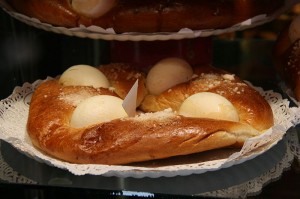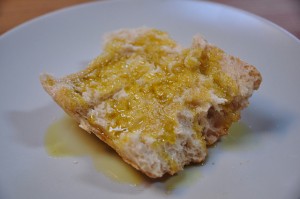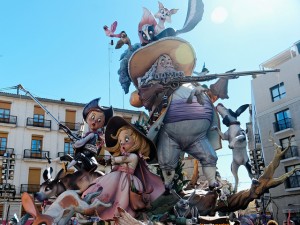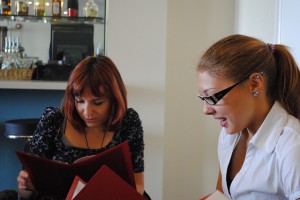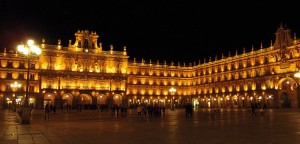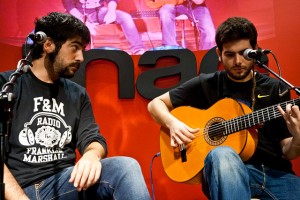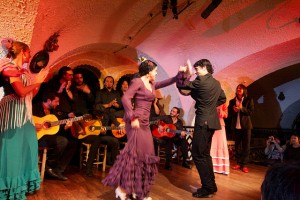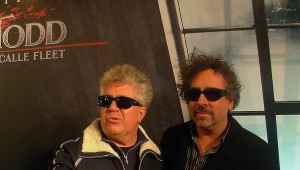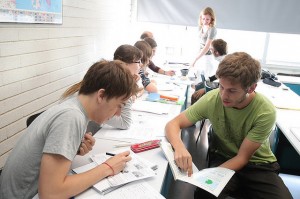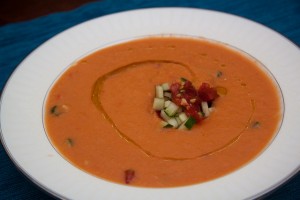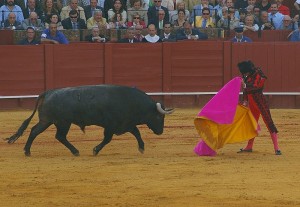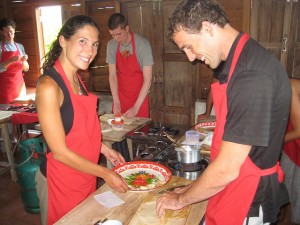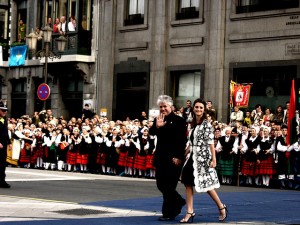With the Holy Week in Spain comes one of the typical products from the Spanish gastronomy for this time, the Mona de Pascua (Easter Cake). This sweet is very common in the Valencian Community and Catalonia, and its presence has been growing in many other cities over the last years, so, if you are undertaking a basic Spanish course in Spain you can buy it in many bakeries.
Its name comes from the arabic munna, which means “provision for the mouth”, and it is a present that the Moorish made to their masters. Nowadays, it symbolises the end of Lent and the Holy Week.








